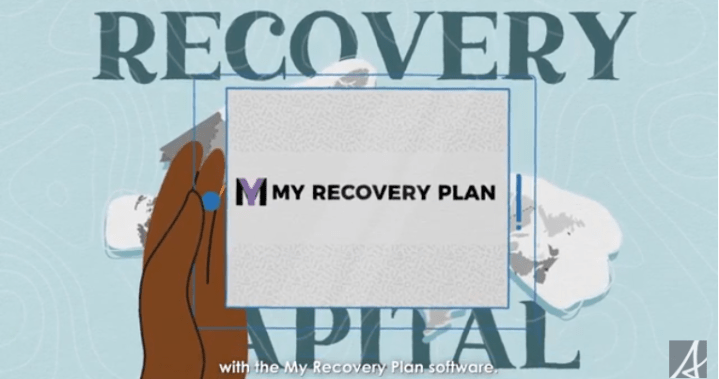In a sudden move that has left health advocates questioning digital health priorities, the Alberta government has terminated its addiction recovery mobile application without warning. The “My Recovery Plan” app, launched just two years ago as part of the province’s recovery-oriented system of care, went offline earlier this month, catching both users and treatment providers off guard.
“We received no prior notification that the app would be discontinued,” said James Waterman, executive director of the Calgary-based Alberta Addiction Service Providers. “Many of our clients relied on this digital tool for their daily recovery management, and now they’re left scrambling for alternatives.”
The app, developed at a cost of approximately $325,000, provided critical features for Albertans navigating substance use recovery, including daily check-ins, progress tracking, and direct connections to support resources. According to provincial data obtained by CO24 News, over 3,800 Albertans had actively engaged with the platform since its 2022 launch.
The Ministry of Mental Health and Addiction defended the decision, with spokesperson Hunter Baril stating the app was discontinued “after a review of usage data and an assessment of alternative resources available.” However, this explanation has failed to satisfy privacy experts who question what will happen to the sensitive personal information collected through the platform.
“When digital health tools are abruptly terminated, the first question should always be about data governance,” explained Dr. Emily Saunders, a digital privacy researcher at the University of Calgary. “Recovery apps contain intensely personal information about substance use patterns, triggers, and mental health states. The government has an obligation to clearly communicate what’s happening with that data now.”
The Alberta Privacy Commissioner’s office confirmed to CO24 Canada that they are “reviewing the situation to ensure proper data management protocols are being followed” in the app’s decommissioning process.
This development comes amid broader tensions in Alberta’s addiction treatment landscape. The provincial government has steadily shifted resources away from harm reduction approaches toward abstinence-based recovery programs, a move that has generated significant debate among health professionals.
Dr. Michael Thompson, addiction medicine specialist at Edmonton’s Royal Alexandra Hospital, expressed frustration at what he sees as policy inconsistency. “On one hand, the government promotes recovery as a priority, but then eliminates digital tools that support exactly that. It sends a confusing message to those seeking help.”
For users like Calgary resident Tara Wilson, the app’s disappearance represents more than an inconvenience. “I checked in daily for 14 months straight,” Wilson told CO24 Politics. “That record of my progress was meaningful to me. Now it’s just gone, and I wasn’t even given the chance to download my data.”
The province has directed users to alternative resources, including the 211 helpline and the Digital Overdose Response System app, though critics note these platforms serve different functions and don’t replace the recovery tracking capabilities lost with the terminated app.
As digital health initiatives continue to evolve across Canada, Alberta’s experience raises critical questions: Who ultimately controls the digital tools we come to rely on for health support, and what responsibilities do governments have when they choose to pull the plug on technologies that have become integrated into citizens’ recovery journeys?










